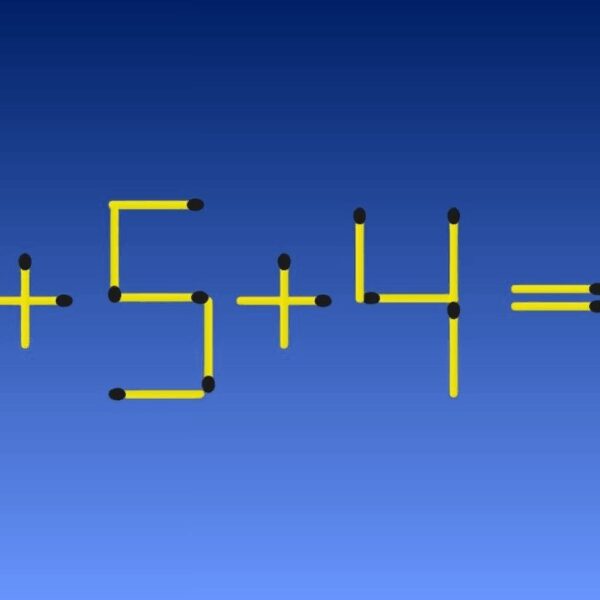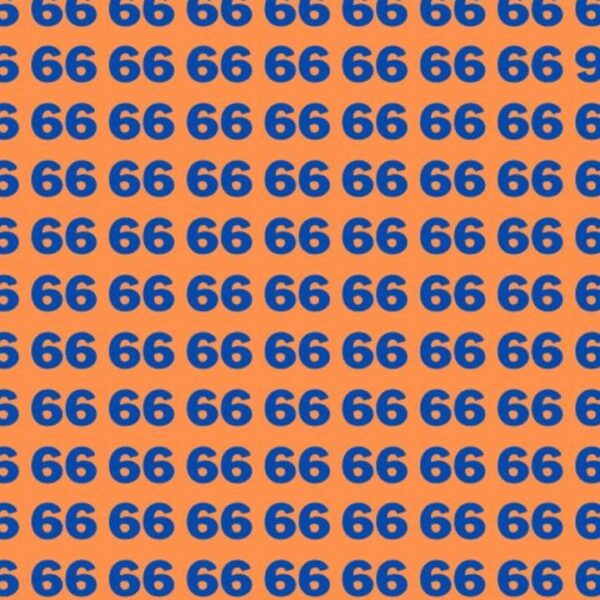Today’s challenge is a number puzzle, designed to put your logical thinking and problem-solving skills to the test.
Your task, should you choose to accept it, is to identify the missing number in a logical sequence. This sequence can be found in the picture below.
Don’t worry if you’re new to this type of puzzle; brain teasers are meant to be fun and beneficial. They not only stimulate your mind but also improve your cognitive abilities and memory.
So, are you ready to challenge yourself? Let’s get started and see if you can crack the code and find the missing number!
Decoding the mystery of missing numbers in sequences
The challenge at hand for you is to identify the missing number in a logical sequence of maximum 25 numbers.
Visual brain teaser: Can you spot the 3 odd ones? Only 20 seconds to find them among stunning sunsets!
The sequence may follow a simple pattern such as arithmetic or geometric progression, or it might be based on a more complex rule.
For instance, each successive number could represent an operation applied to the previous one, like adding, subtracting, multiplying or even squaring.
Alternatively, the pattern could be related to the digits themselves, their order or their sum. It’s also possible that the sequence is based on a mathematical concept like prime numbers or Fibonacci series.
Therefore, your task is not just about number-crunching; it involves analytical thinking and problem-solving skills. The difficulty level can vary significantly depending on the complexity of the underlying rule.
But remember, no matter how daunting it seems, there is always a logical explanation waiting to be uncovered.
Recognizing the pattern of a logical sequence often requires keen observation and analytical thinking.
One tip is to jot down the sequence, as visual representation aids in identification of patterns. Look for commonalities between the numbers or objects.
It could be an arithmetic operation like adding a certain number each time or multiplying by a certain factor.
It might also involve alternating sequences, geometric progression or Fibonacci series. Remember to test your suspected pattern with all elements in the sequence to ensure accuracy.
Finally, keep practicing with different types of sequences to strengthen your pattern recognition skills.
Hey there, whizz-kid! Have you managed to crack the code and found the solution? Bravo! We are super excited to see if you’ve succeeded.
Remember, there’s no need to fret if you haven’t – learning is a journey.
Solution
The answer is 13. In this magic square, every row, column and diagonal (including the main and secondary diagonals) gives the same sum, which equals 65.

We kindly urge those who have already taken the test to share this article with friends and family. It’s an enjoyable way to challenge their abilities and spark some friendly competition.
The devoted time and effort that goes into creating these engaging games is immense – a new game is crafted daily for your enjoyment.
The satisfaction we derive from seeing our work spread on social media is immeasurable, as it helps us reach a wider audience. So go ahead, share this article and let’s have some fun together!







